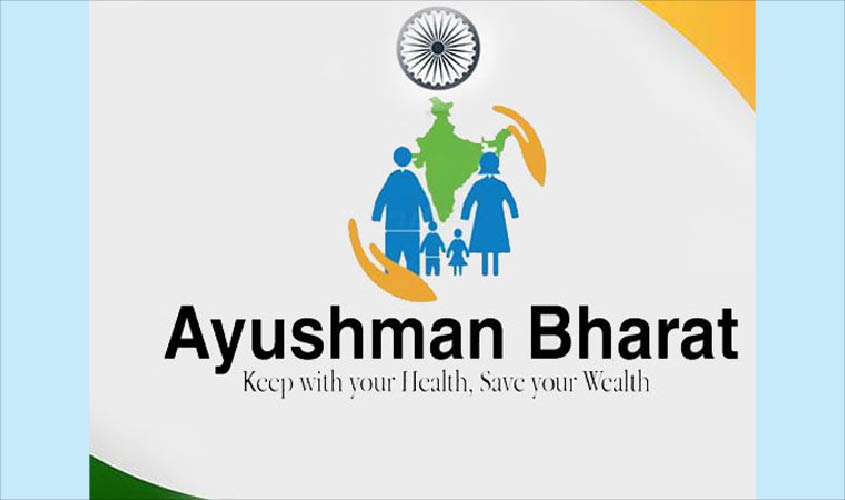As many as 20 states have opted for the trust model, five have chosen to go with hybrid model, while only four states have adopted the normal insurance model.
Contrary to the allegations of the opposition parties, no business scope is left for the insurance companies in the implementation of the Central government’s Ayushman Bharat scheme, renamed as Jan Arogya Abhiyan but popularly known as “Modicare”, as most of the states are constituting trusts to implement the mission, sources reveal.
Touted as the world’s largest health insurance scheme, Jan Arogya Abhiyan, which offers a Rs 5 lakh free health cover to 10 crore poor families, will be launched across the country by Prime Minister Narendra Modi on 25 September, the birth anniversary of BJP ideologue Pandit Deen Dayal Upadhyaya.
With most of the states opting for a “trust model”, the bidding process to select the insurer for the ambitious scheme has been completed. Of the 29 states, 20 have opted for the trust model while five have chosen to go with the hybrid model to implement the scheme. Only four states—Jharkhand, Nagaland, Manipur and West Bengal—have adopted the normal insurance model, a source privy to the bidding process told The Sunday Guardian.
According to a senior insurance official, under the trust-based model, each state will form its own trust to implement the insurance scheme and the claims would be paid by the trust so established. The trust will be run on fund-sharing basis, with the Centre contributing 60% and the state government paying the rest.
Under the “hybrid” model, claims up to Rs 100,000 per annum will be paid by the insurance companies while the higher amounts will be paid by the trust up to Rs 5 lakh if cost of treatment rise above the premium received by the insurer companies. Under pure insurance model, insurance firms handle the cover which also includes claims.
The Central government has also launched “Swasthya Mitra” (health friend) scheme for better implementation of its health insurance scheme. The government is focusing on training of these Mitras to make Ayushman Bharat scheme a big success. They will help carry out awareness programmes and hand-hold the beneficiaries in availing the benefits of the scheme.
Jan Arogya Yojana was being termed as a big business boost for the insurance sector. However, the industry is now disappointed with the fact that the majority of the states have bypassed them. Even the critics and the opponents of the incumbent Central government who were earlier alleging that the government‘s plan to launch a mega health scheme is meant to benefit the private insurance companies are now silent.
The governments’ reluctance to work with insurance companies arises from the sharp jump in the premium levels of the private insurance companies, but the experts are saying that private insurer has ability to perform better.
The mega insurance scheme is being seen by many observers as a “political pitch” ahead of 2019 general election. As per an estimate, the Modi government can reach out to 10 crore poor families through the scheme. If the plan works outs, the scheme may be the “game changer” for the countries health sector.

